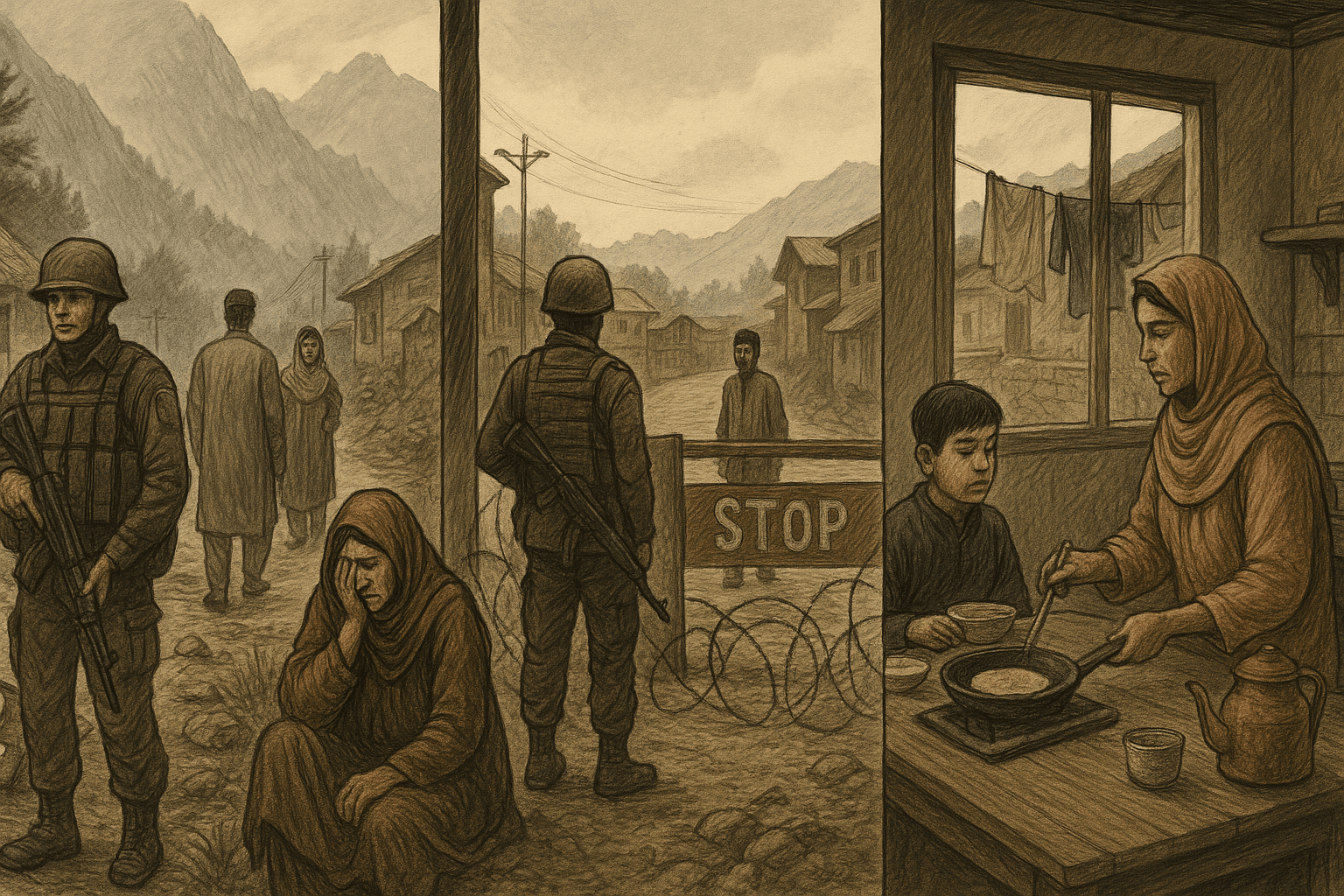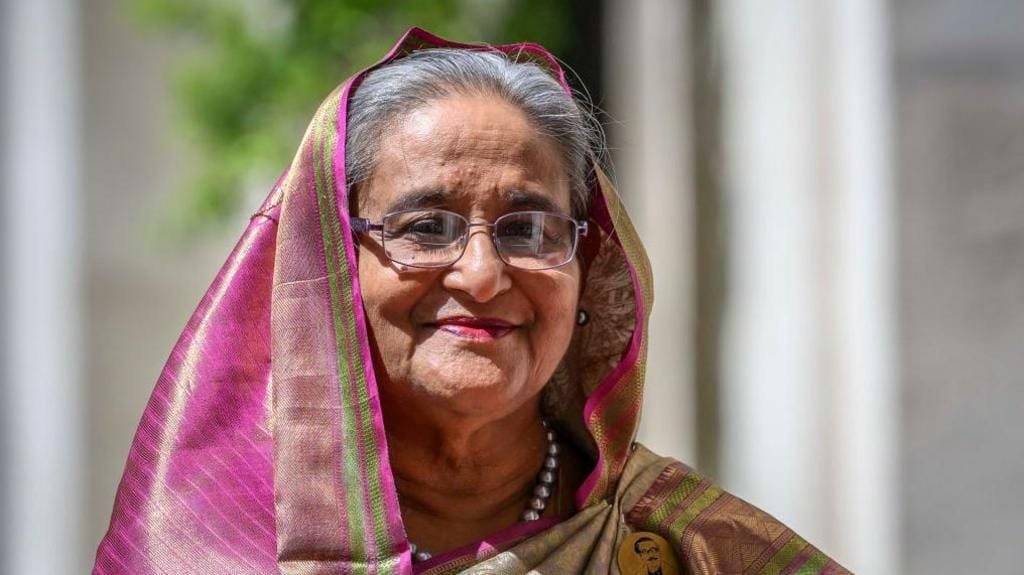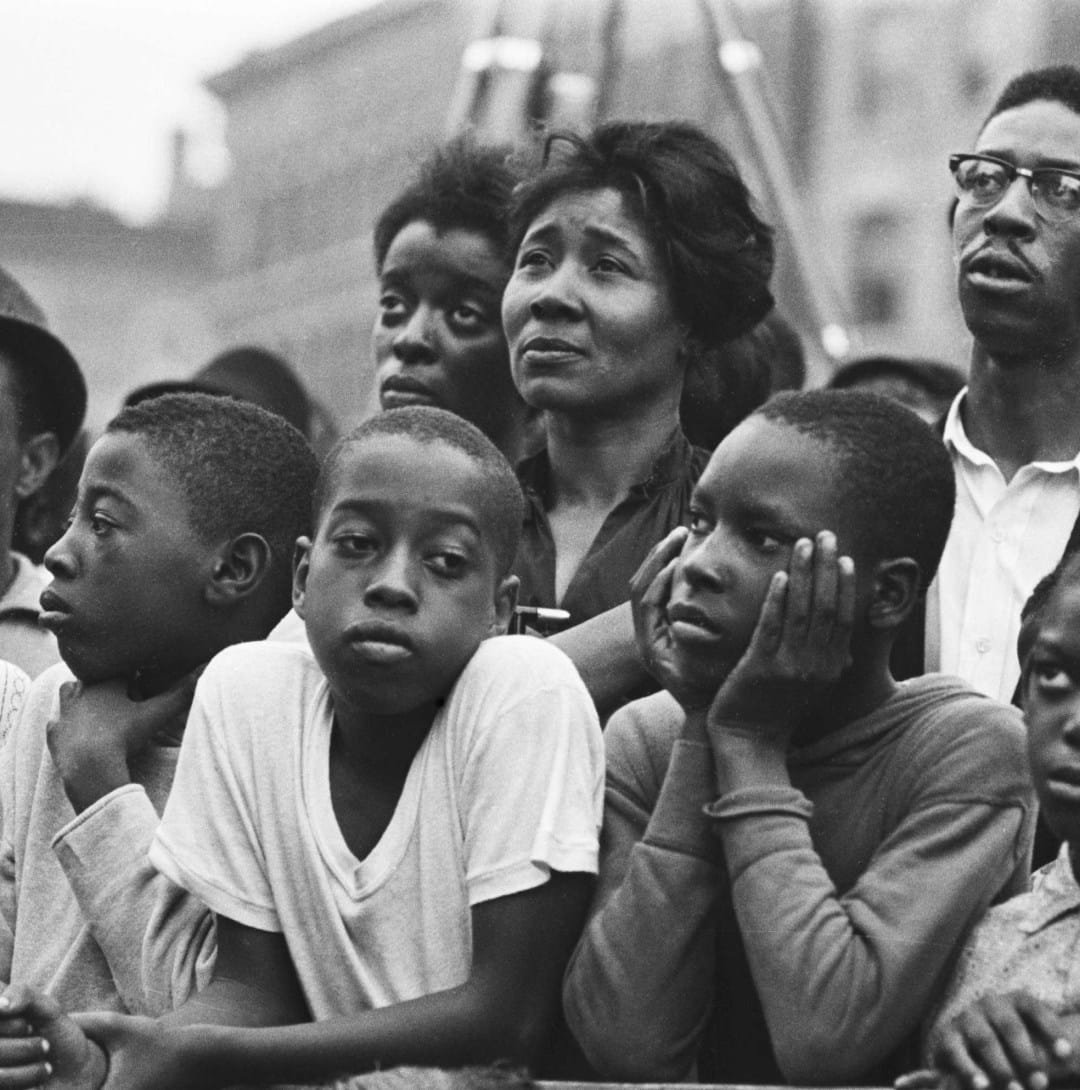By Vijay Oraon
In recent years, commentators and political analysts have drawn parallels between India, Israel, and the Netherlands, claiming these nations face a common enemy: Islamic terrorism. In one such podcast, a Dutch citizen asserted that these countries are “on the same side” of a global struggle. While this framing may hold superficial appeal, the truth is far more complex. Islamic terrorism has indeed affected all three nations, but each case emerges from deeply rooted, distinct historical, political, and social contexts. To understand the commonalities—and the vast differences—we must unpack each country’s experiences and challenges in a nuanced manner.
India: A Multi-Faceted Security Challenge
India has long grappled with Islamist terrorism, particularly in the Kashmir region and through cross-border attacks allegedly backed by Pakistan-based groups such as Lashkar-e-Taiba and Jaish-e-Mohammed. The 2008 Mumbai attacks brought this issue into global focus, showcasing the vulnerability of Indian cities to meticulously planned terrorist operations.
However, to reduce India’s security concerns to Islamic terrorism alone would be a grave oversimplification. The country also contends with:
Left-wing extremism (Naxalite–Maoist insurgency) in central and eastern states.
Ethno-nationalist insurgencies in the Northeastern region.
Religious and communal violence, sometimes driven by far-right Hindu nationalist elements.
India’s struggle with terrorism is thus diverse—ranging from ideologically motivated insurgencies to communal flashpoints and geopolitical tensions.
Recent Developments: The Pahalgam Attack
On April 22, 2025, a devastating terrorist attack occurred in the Baisaran Valley near Pahalgam, Jammu and Kashmir. Five armed militants, affiliated with The Resistance Front (TRF), an offshoot of the Pakistan-based Lashkar-e-Taiba, targeted tourists, resulting in the deaths of 26 civilians, including 25 tourists and a local Muslim pony ride operator. The attackers reportedly singled out victims based on their religion, asking them to recite Islamic declarations before opening fire .
This incident, the deadliest on civilians in India since the 2008 Mumbai attacks, has had profound implications:
Diplomatic Fallout: India accused Pakistan of supporting cross-border terrorism, leading to the suspension of the Indus Waters Treaty, expulsion of Pakistani diplomats, and closure of borders. Pakistan denied involvement and retaliated by suspending the Simla Agreement and closing its airspace .
Military Escalation: On May 7, 2025, India launched airstrikes on Pakistani targets, marking a significant escalation in hostilities. Both nations engaged in missile strikes, bringing them close to a full-scale conflict before a ceasefire was brokered on May 10 .
Economic Impact: The attack severely impacted tourism in Kashmir, with a sharp drop in airfares and mass cancellations of bookings, leading to economic distress in the region .
Israel: Terrorism Within a Political and Territorial Conflict
Israel’s confrontation with Islamist terrorism is inextricably linked to its long-standing conflict with Palestinians. Attacks from groups like Hamas and Islamic Jihad in Gaza, and Hezbollah in Lebanon, are often branded as Islamic terrorism. However, the underlying motivations are primarily political and nationalist in nature—centered around the control of land, self-determination, and occupation.
Unlike India, Israel faces a structured, militarized insurgency with elements of state sponsorship (such as Iranian support for Hezbollah). These groups use Islamic rhetoric, but their goals are tightly bound to the Israeli–Palestinian territorial conflict rather than a global jihadist ambition.
Israel’s counter-terrorism strategy combines military offensives, intelligence operations, and technological defenses like the Iron Dome missile system. Its reality is one of near-constant conflict and high military vigilance.
The Netherlands: A Case of Sporadic Radicalization
The Netherlands, by contrast, has experienced isolated acts of terrorism primarily involving homegrown jihadists. A pivotal moment came in 2004, when filmmaker Theo van Gogh was murdered by a Dutch-Moroccan Islamist extremist in retaliation for his critique of Islam.
During the rise of ISIS between 2014 and 2017, a small number of Dutch citizens joined the group, raising alarms about radicalization among immigrant communities. However, the scale of the threat remains limited compared to India or Israel.
Dutch counter-terrorism policy emphasizes:
Community engagement and integration.
De-radicalization programs.
Surveillance and intelligence coordination across Europe.
The vast majority of Muslims in the Netherlands are peaceful, law-abiding citizens, and radicalization is treated as an issue of social marginalization, not a blanket indictment of Islam.
Are the Threats Really the Same?
Despite facing threats from individuals or groups invoking Islam, the causes, scale, and frequency of terrorism differ sharply across these nations:
India : Cross – border islamic terrorism
Isreal : Hamas, Hezbollah
Nederland : Lone-wolf attack, Radicalization
A shared label of “Islamic terrorism” masks the distinct realities each country navigates. In India, the conflict is heavily entangled with geopolitics and communal dynamics. In Israel, it’s a product of territorial disputes and statehood debates. In the Netherlands, it’s a question of social integration and foreign influence.
Political Narratives and Oversimplification
Comparing these three nations often serves ideological purposes. Right-leaning commentators in Western and Israeli circles tend to emphasize the notion of a “civilizational clash,” uniting liberal democracies against a monolithic threat. This rhetoric may help build diplomatic alignment, but it often oversimplifies the root causes and misrepresents the diverse Muslim communities within each nation.
Moreover, it risks stigmatizing entire populations based on the actions of a radical few—an approach that could backfire by fueling more alienation and extremism.
Conclusion: A Call for Nuance
India, Israel, and the Netherlands each face security challenges that sometimes intersect with Islamic extremism. But lumping their experiences together without understanding the historical, cultural, and political dimensions leads to flawed conclusions. The only commonality that truly exists is the need for context-aware policies that protect citizens while preserving social cohesion and democratic values.
Terrorism must be confronted—not with sweeping generalizations, but with careful, context-driven strategies rooted in truth, not fear.
Vijay Oraon is a journalist and researcher based in Ranchi, India. He writes on indigenous rights, conflict, and social issues for various platforms including firstpeople.in.












